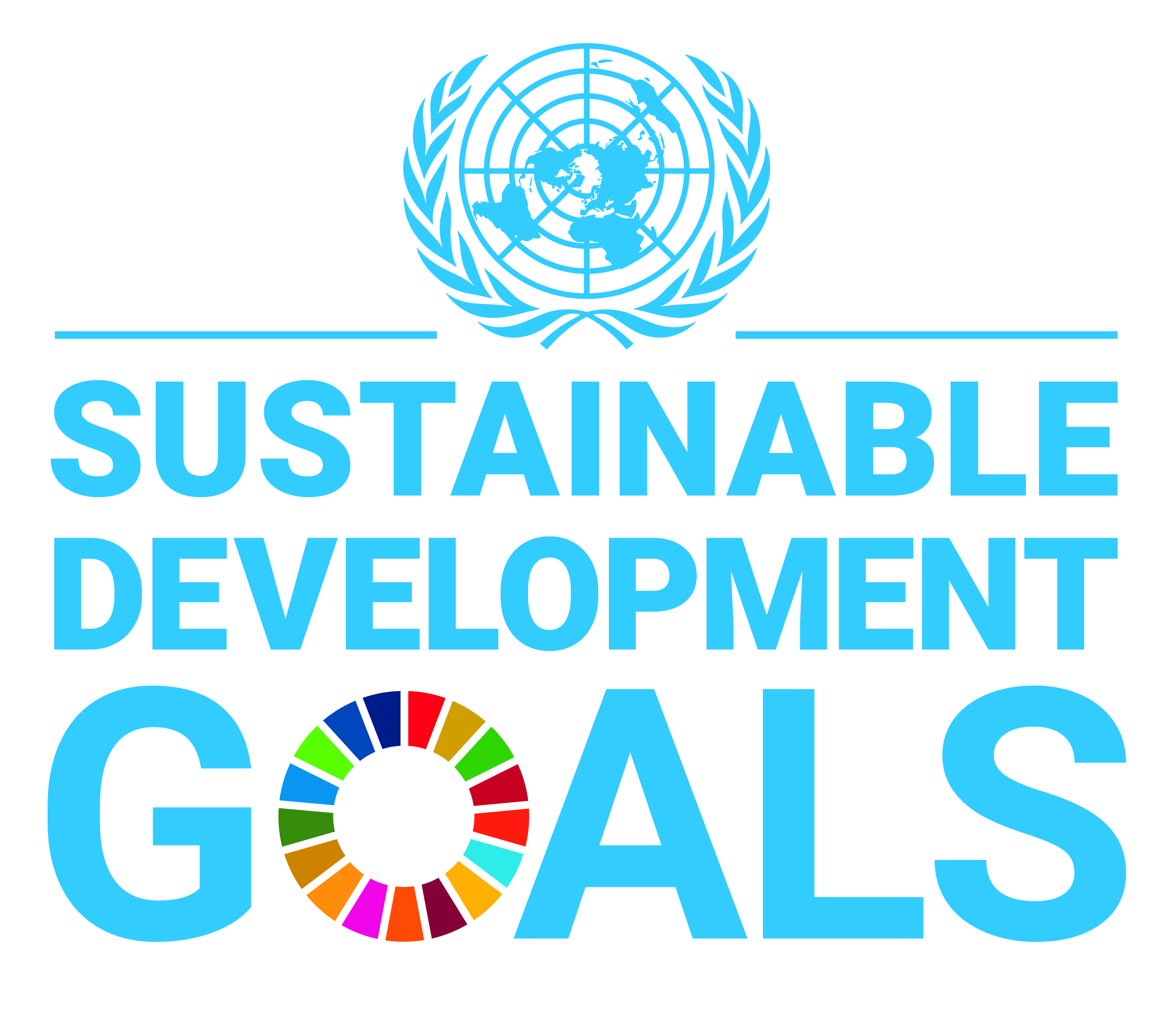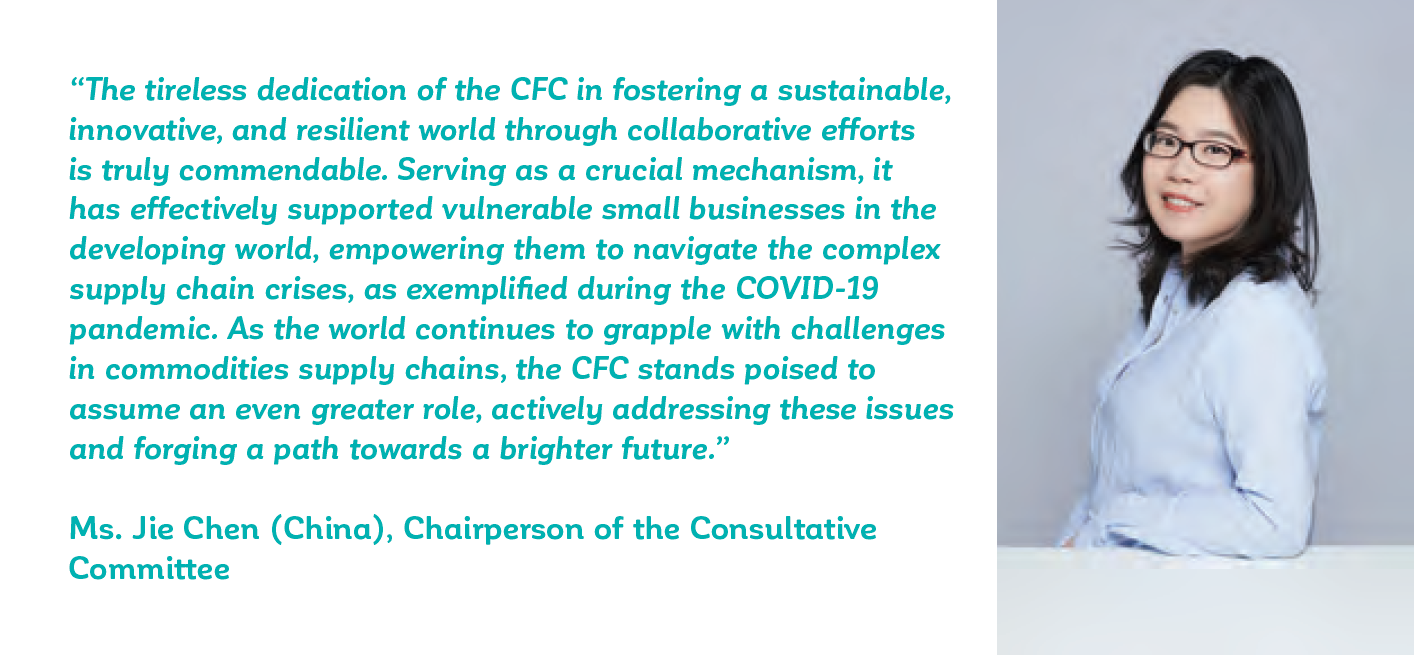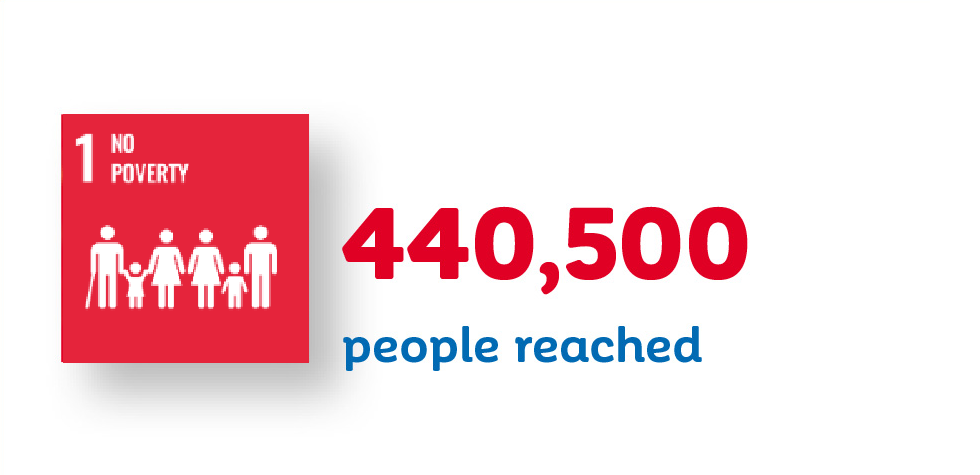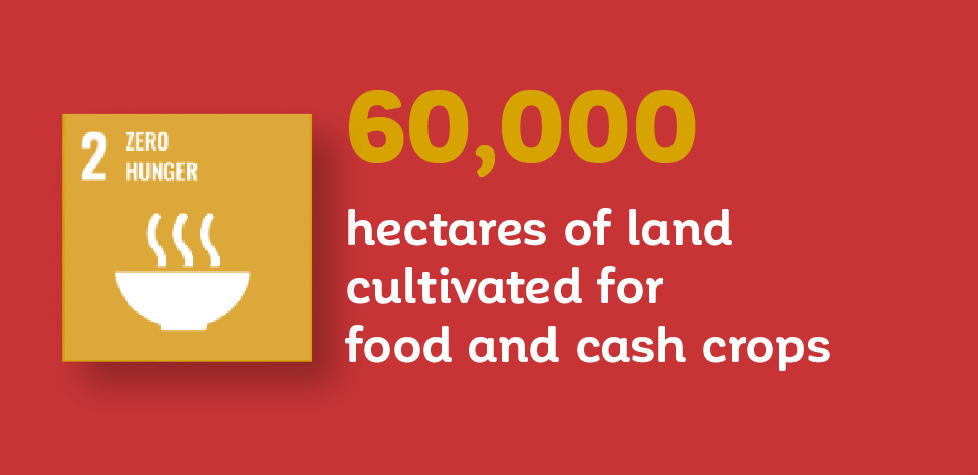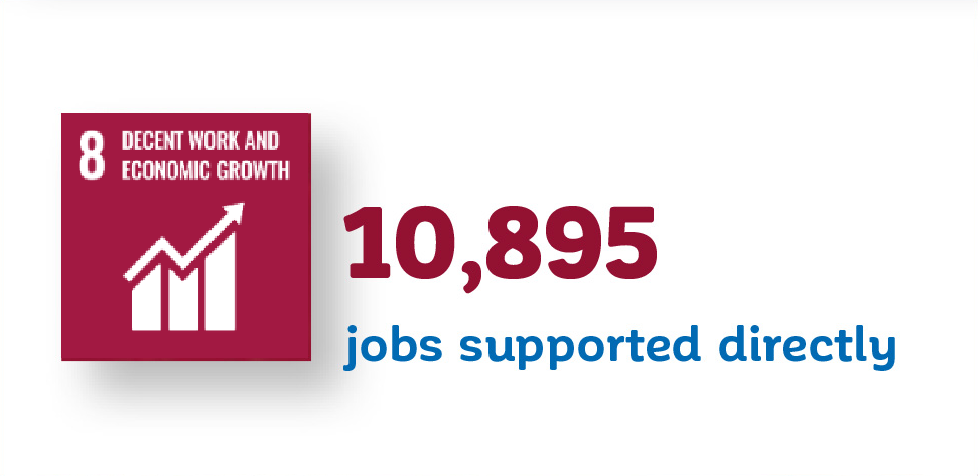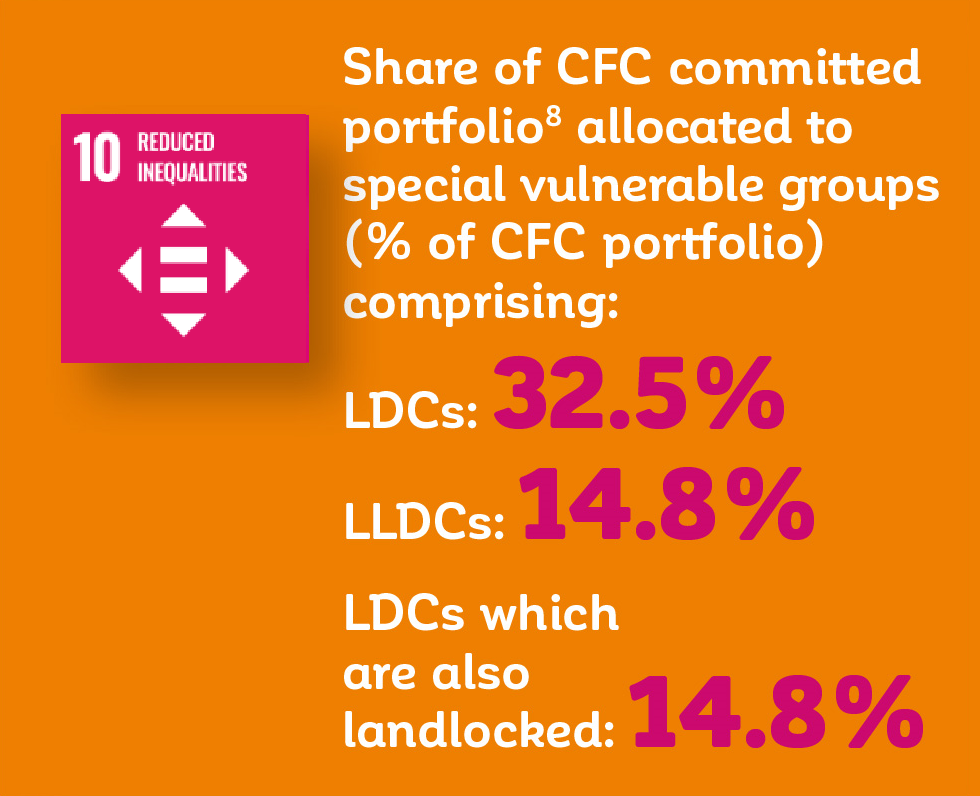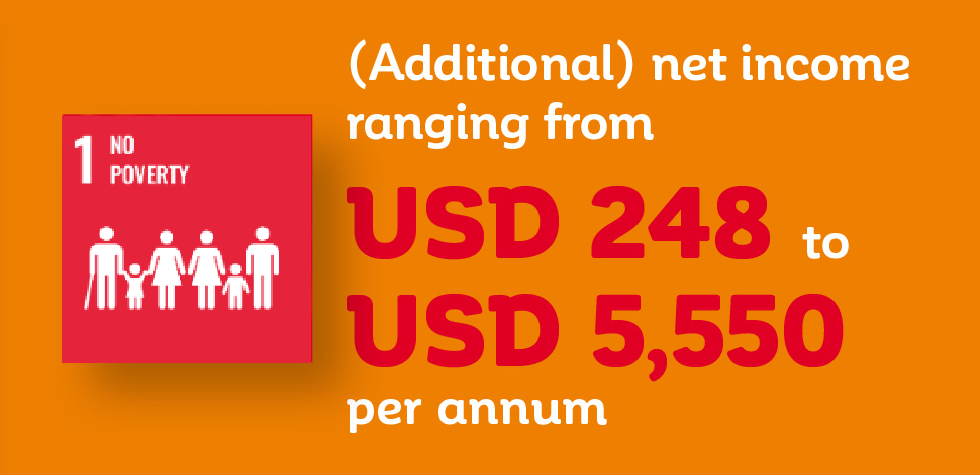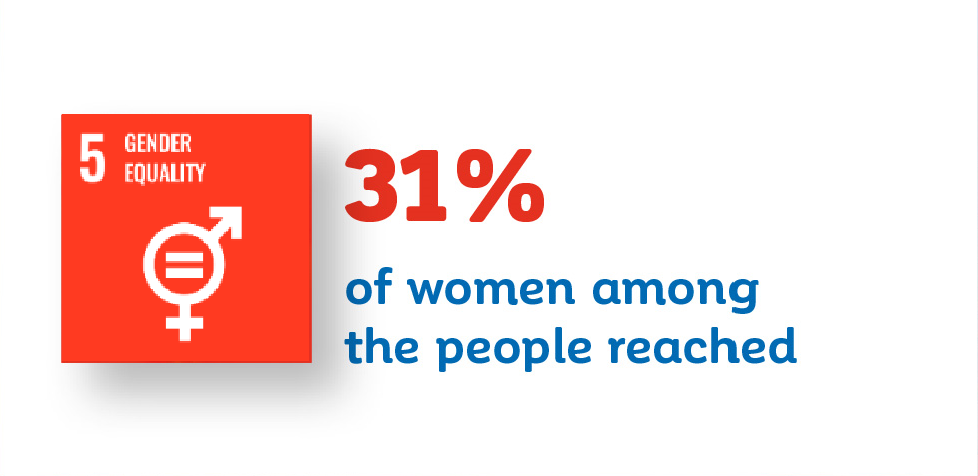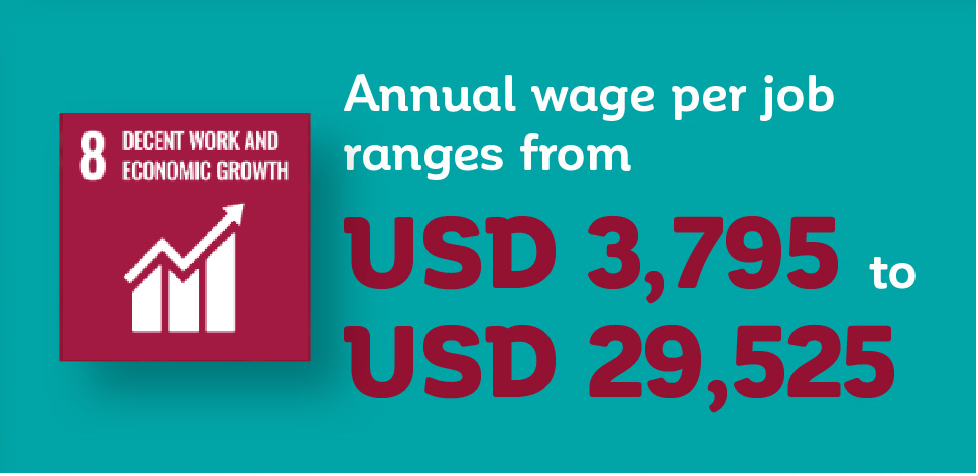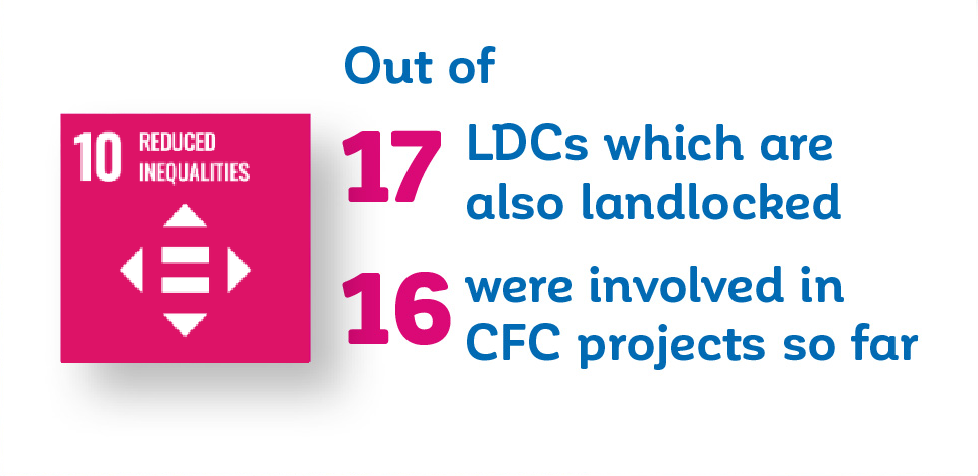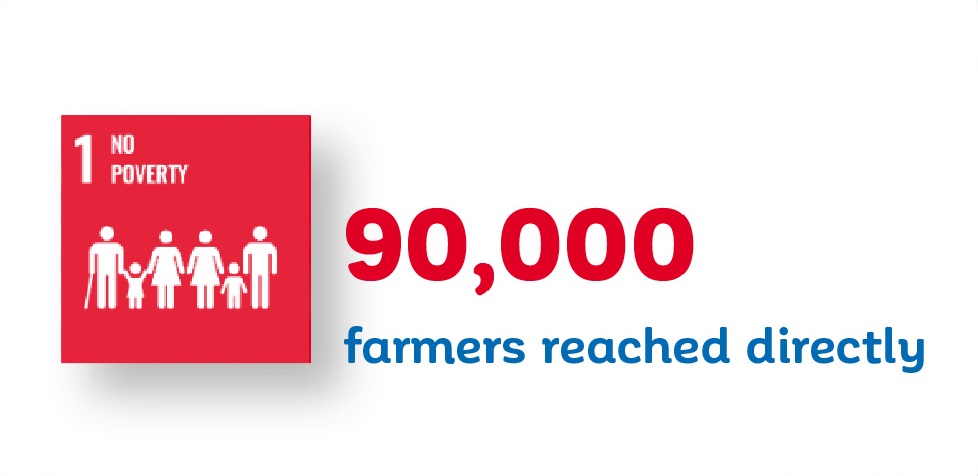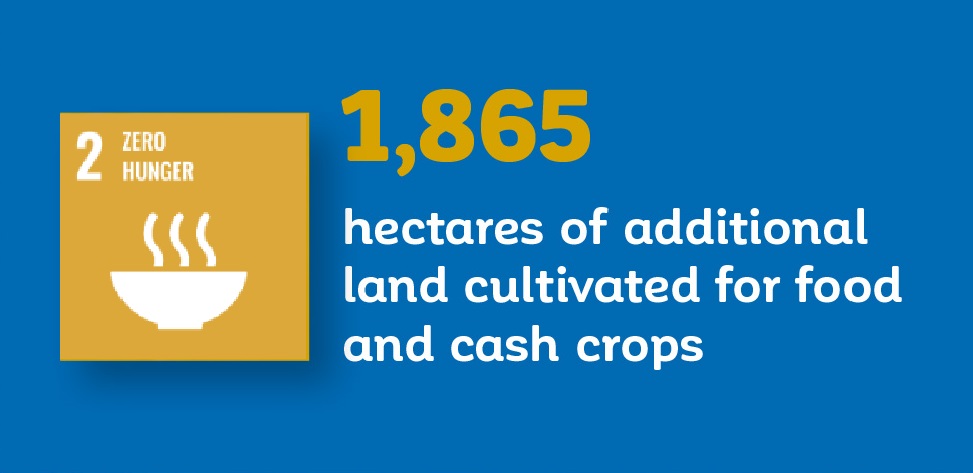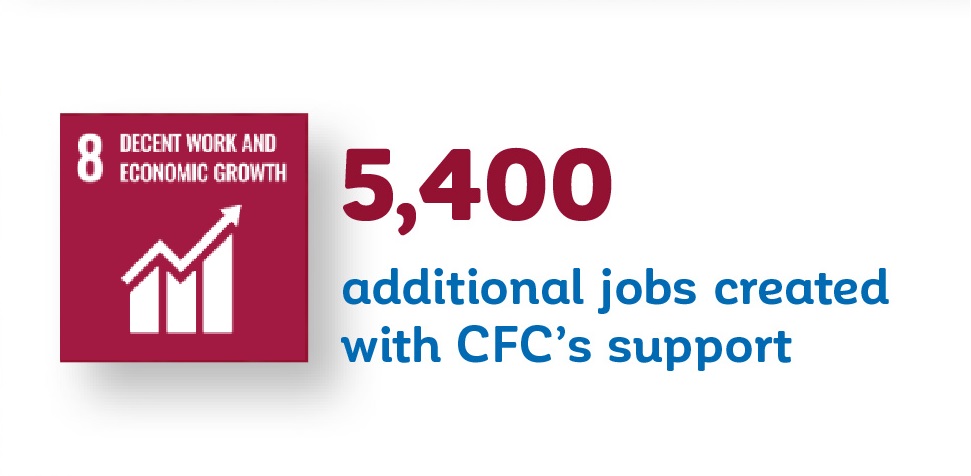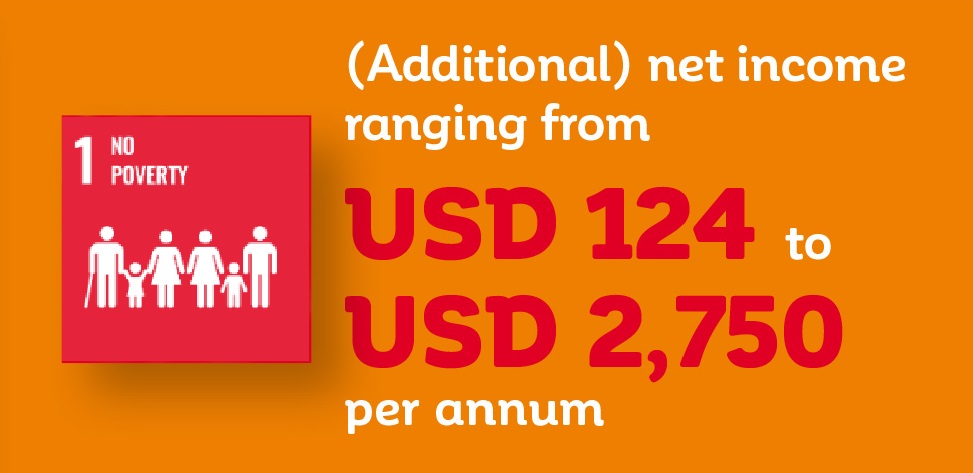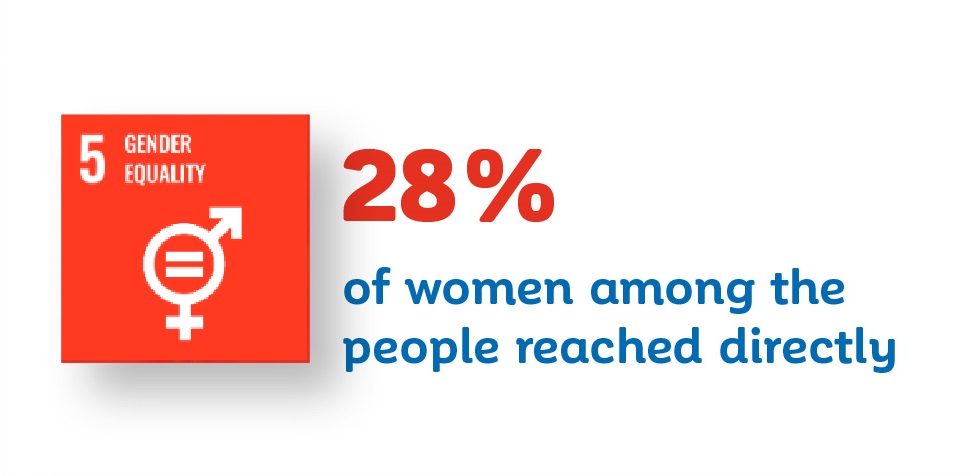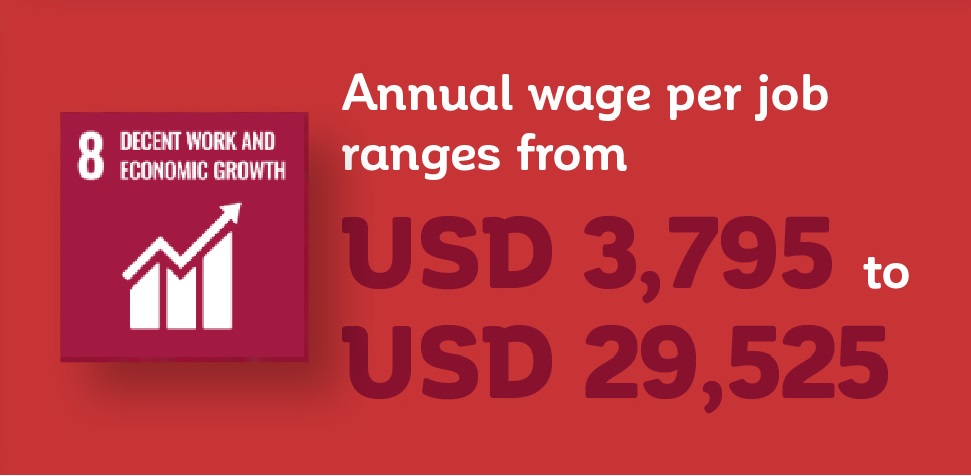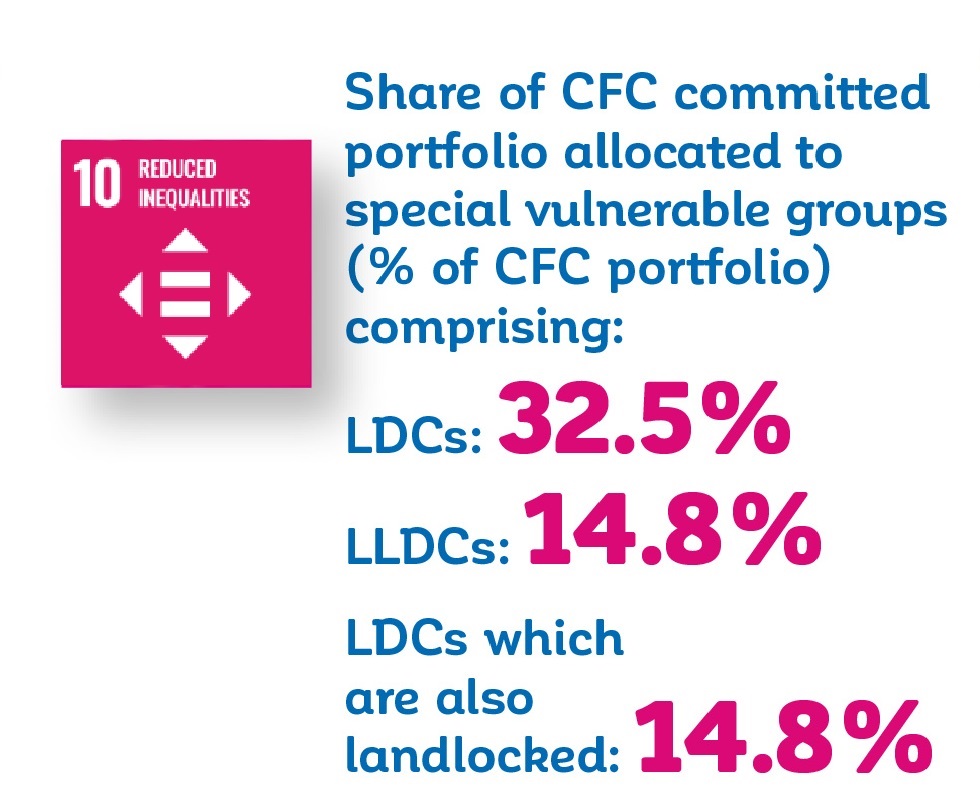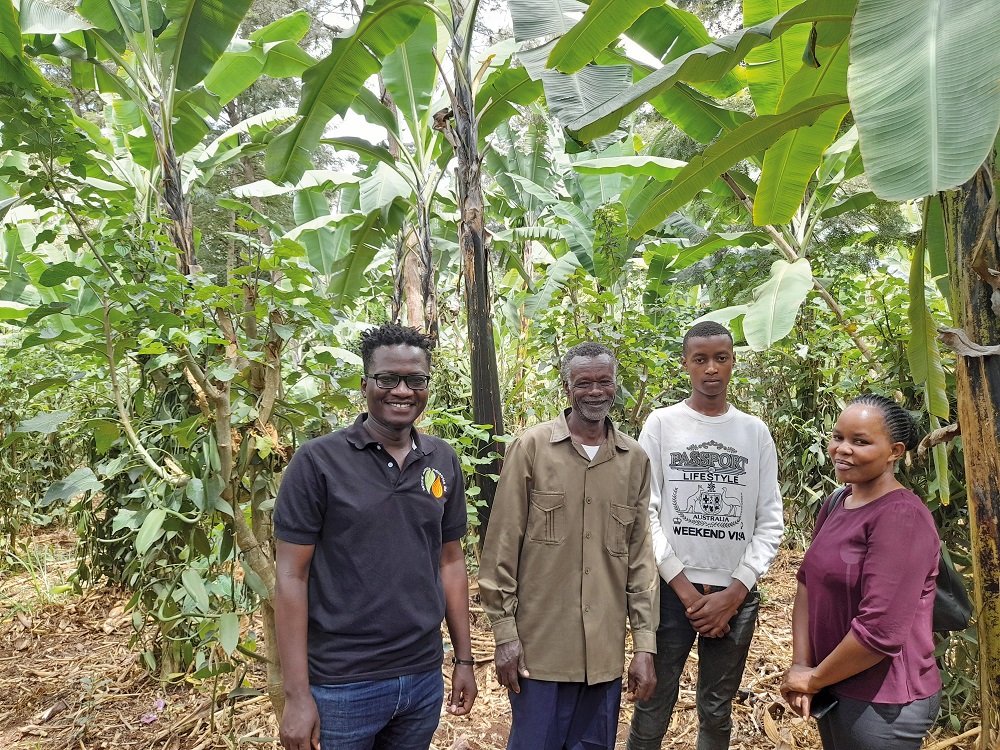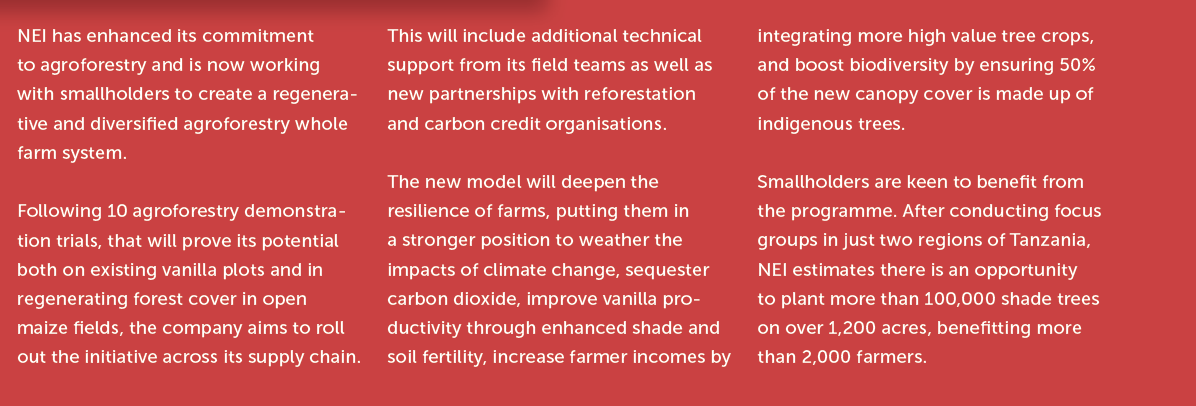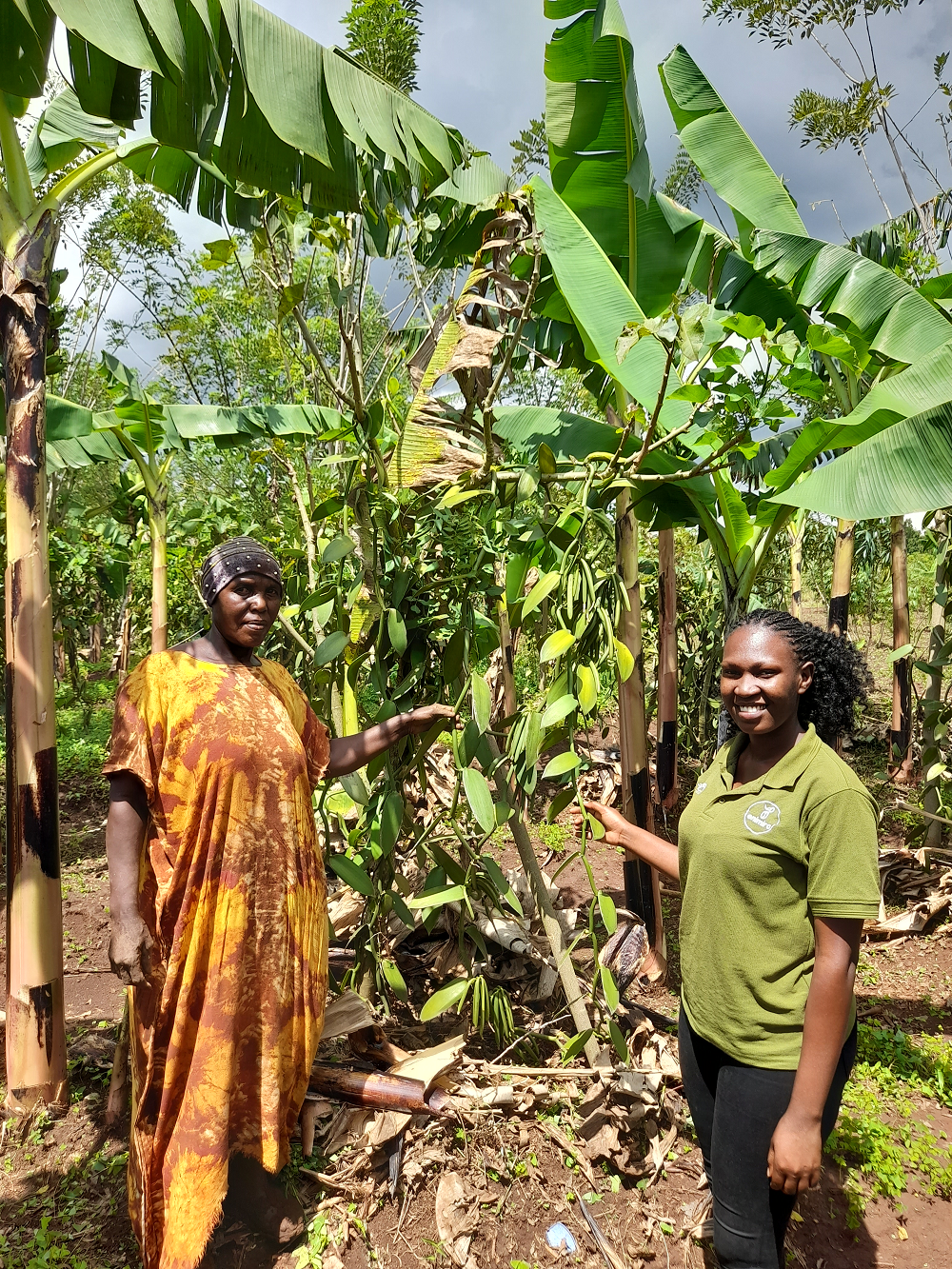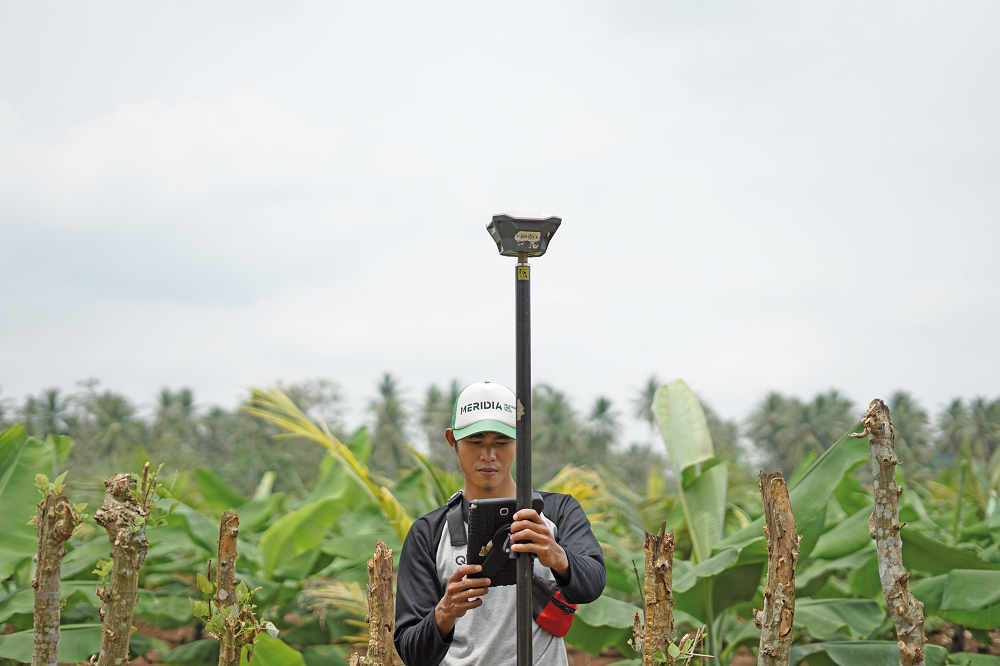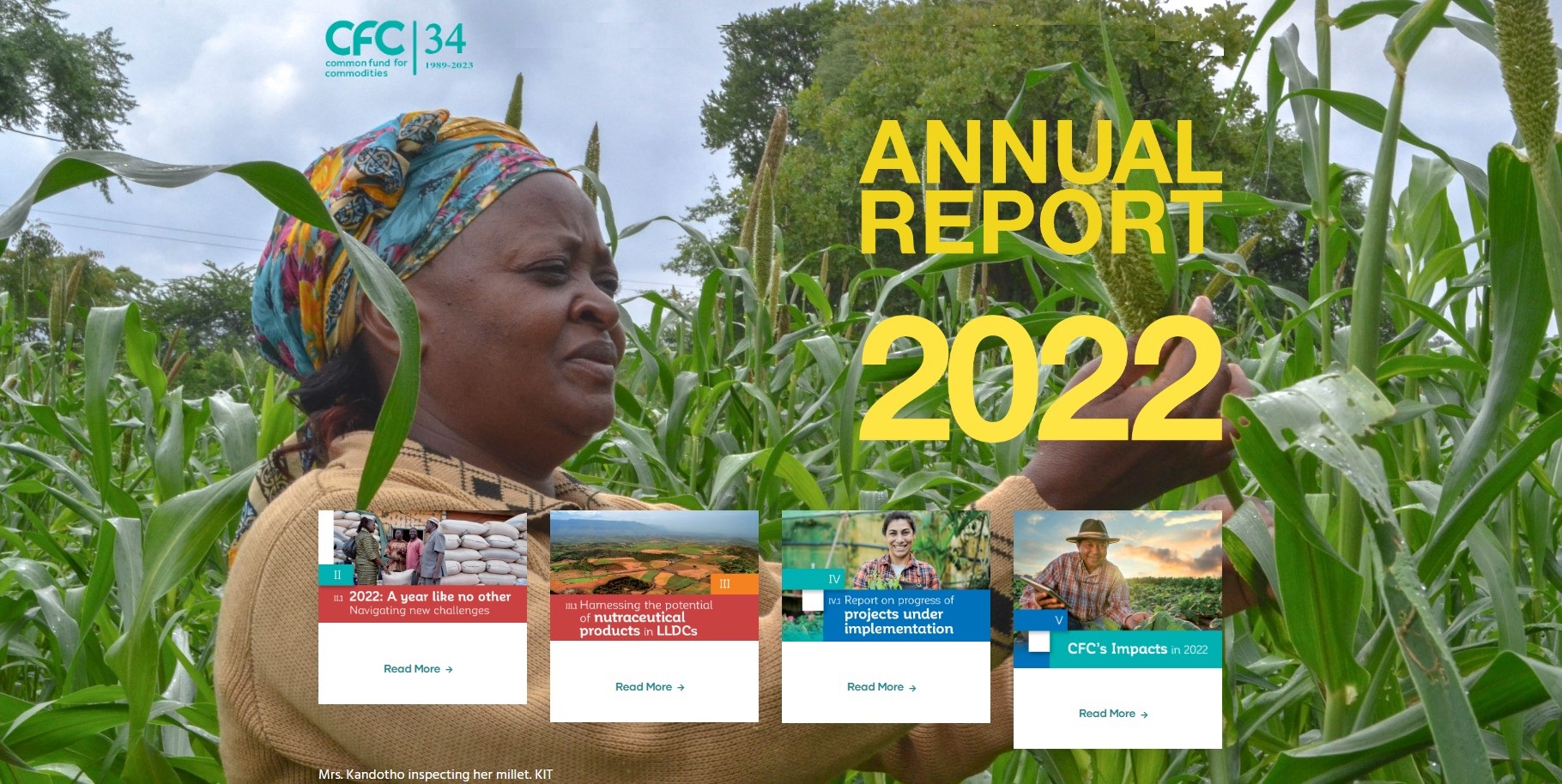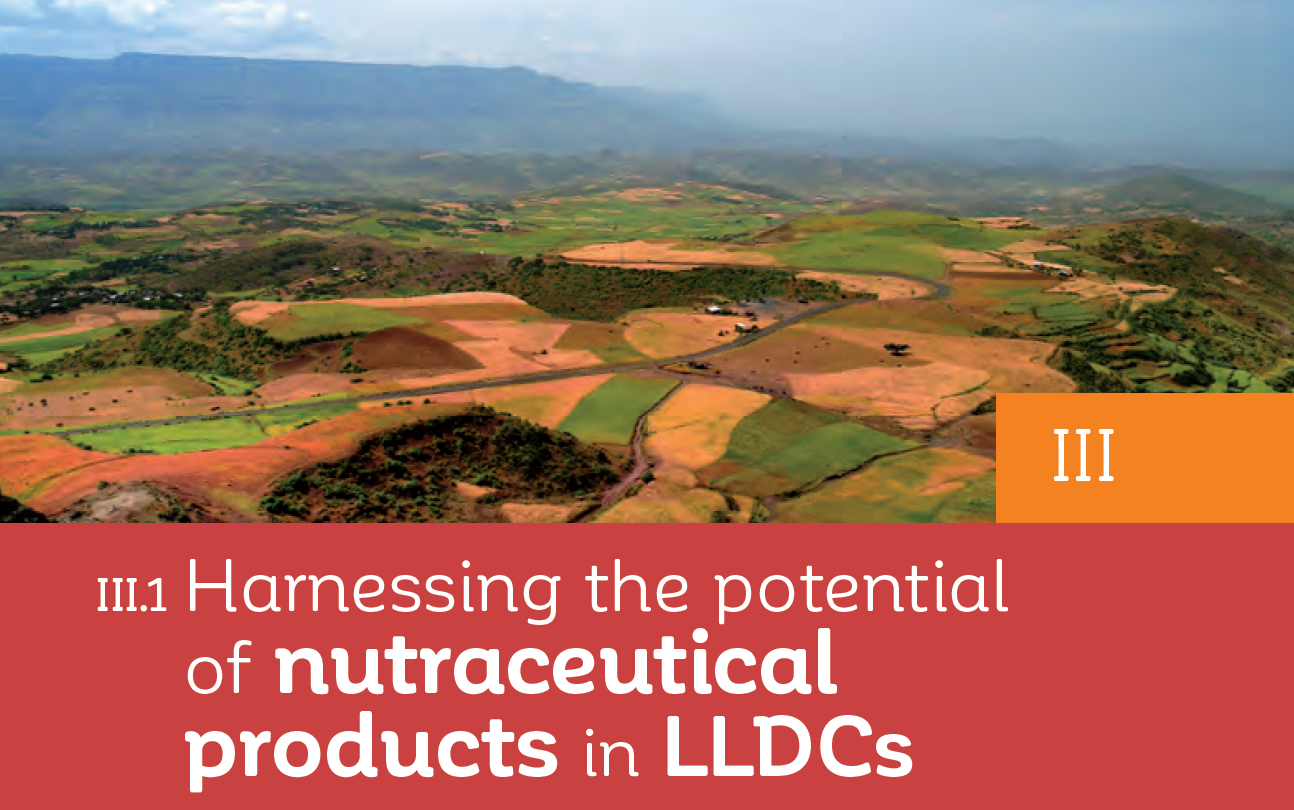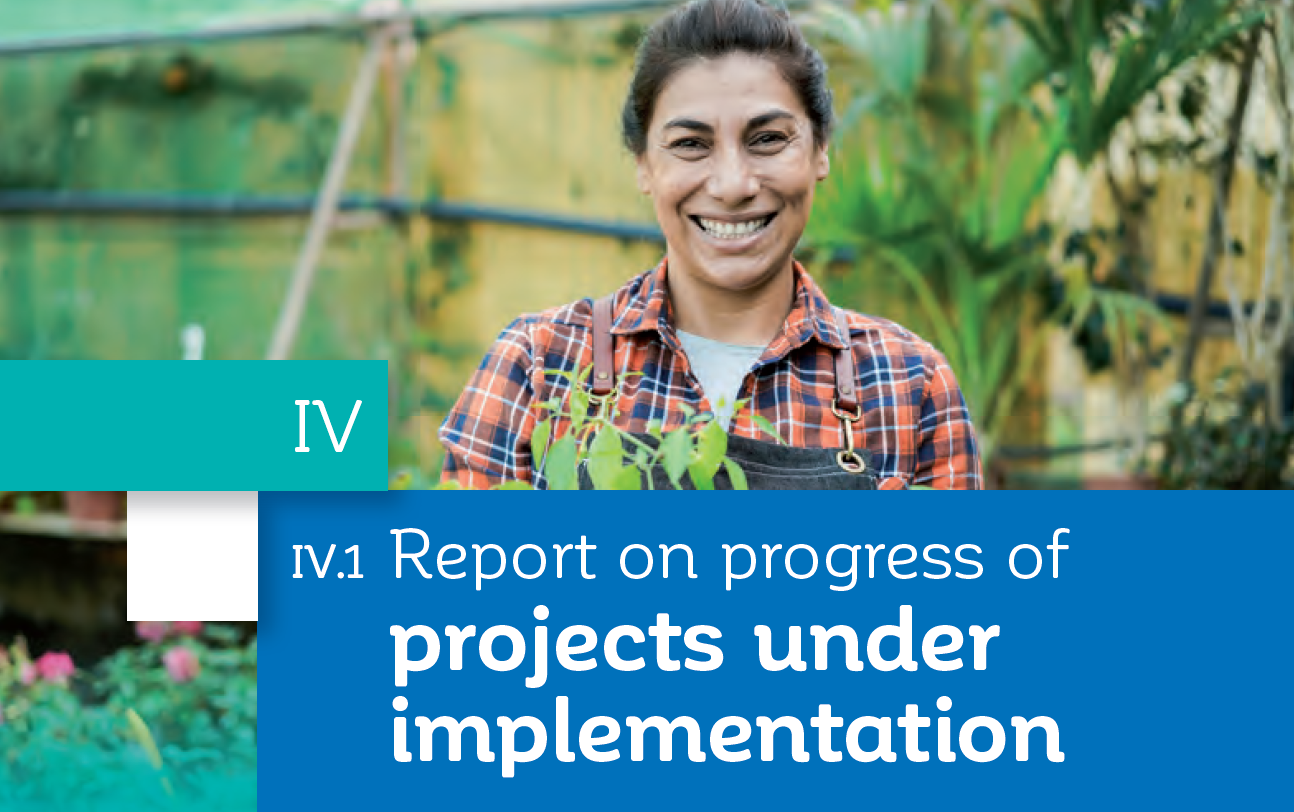Measuring CFC impact across its portfolio
Measuring impact using the SDG framework can be challenging despite its wide-ranging scope. This is because monitoring targets is done nationally and globally, making it difficult to attribute the contribution of a specific organisation to specific goals. To address this challenge, it is necessary to convert the SDG framework into specific indicators. The CFC has adopted the Impact Reporting and Investment Standards (IRIS+) as its main reporting tool, which is a catalogue of the most useful metrics from the impact investing industry. This makes it easier to measure performance. The CFC has mapped the most relevant IRIS+ metrics related to respective SDGs and selected the main indicators to be monitored by its projects. As a result, the CFC can overcome reporting difficulties and ensure that its projects have a positive impact on the SDGs.
Implementing the impact strategy
The selection of proposals that receive support from the CFC is largely based on their potential development impact. For this reason, each investment proposal submitted through the Open Call for Proposals is expected to provide indicators of the intended impact. Since the 13th Call for Proposals in 2018, the CFC has required prospective investees to present the estimated impact of their projects using the SDG framework. Specifically, proponents must explain how their project will contribute to the advancement of the core SDGs and provide target impact indicators for each year of the project, as well as baseline values using the IRIS+ metrics. Projects that fail to provide this information are typically not recommended for further consideration during the screening stage.
At the due diligence stage, the CFC reviews the impact indicators and incorporates them into the project agreement between the CFC and the project proponent. The agreement ensures that the project strives to accomplish its intended outcomes and reports specific impact indicators, as agreed upon with the CFC. This data is submitted to the CFC annually along with financial reporting. The CFC’s Impact Strategy is characterised by regular and consistent impact reporting in addition to financial indicators.
The CFC collects diverse information regarding the impact of its projects over their life cycle while seeking to minimise the overhead burden on the operational, organisational, and human resources. The CFC follows a robust approach covering impact indicators and impact measurements requiring project proposals to include the following:
- Target Indicators: The indicators should clearly demonstrate the intended level of achievements for each year of the project. The CFC expects that these will be systemically assessed and reported by the proponent, demonstrating that the implementation plans are feasible and not based in unrealistic assumptions;
- Baselines: Baseline levels for impact indicators should be included in the proposals. The CFC reviews and compares baseline data with other sources, e.g. similar projects;
- Data on achievements: The CFC systematically follows up the achievements of its supported projects to ensure timely and accurate reporting of the progress and impact. The follow up procedures are introduced, and project proponents are informed of the consequences of incomplete or late reporting on the implementation and eventual success of the project;
- Monitoring and Evaluation: Selective monitoring and evaluation for individual projects may be included but is generally constrained by the financial and human resources made available by the project proponents. The current focus of the CFC is on developing a practical approach for monitoring and evaluation across the entire CFC project portfolio;
- Financing of Project: Projects receiving CFC support frequently include larger financial institutions as co-financiers. Combining resources and technical facilities of the CFC with co-financiers enables more intense and detailed impact monitoring.
Social and Environmental Management System
In addition to measuring the positive impact of its projects, the CFC recognises the significance of evaluating the potential social and environmental risks associated with its activities. As a result, the CFC has collaborated with the International Labour Organization’s Social Finance Programme to establish its Social and Environmental Management System (SEMS).
Systems of this nature are intended to empower financial service providers to identify social and environmental hazards linked to a specific transaction. These systems also allow them to take these risks into account when determining whether to provide funding. Furthermore, these systems assist in identifying prospects to enhance social and environmental performance.
When evaluating a project, the CFC has always considered the environmental, social, and governance (ESG) risks associated with it. This assessment is part of the entire process of evaluating a new proposal, starting with the initial screening of applications, and continuing with the ongoing monitoring of active projects. Despite this, given the significance and intricacy of the matter, the CFC has decided to go beyond its existing practices by aligning its procedures with the industry's current best practices in impact investment. To accomplish this, the CFC developed its own SEMS.
The CFC has partnered with the ILO to create various tools and procedures that methodically evaluate the social and environmental risks associated with potential projects. These bespoke tools consider the CFC’s specific configuration and the sectors in which it operates, encompassing all phases of the CFC’s investment process. The main result of this initiative was the endorsement of the CFC’s Sustainability Policy by the Executive Board. This policy sets the criteria for evaluating the social and environmental risks of CFC’s operations.
Impact measurement: an on-going work
The CFC acknowledges that the impact investing sector lacks a well-established and robust system that enables all investors to manage and track their impact effectively. While the sector has risen to the task of assessing social and environmental impact, substantial advancements in new tools, frameworks, and standards have emerged in recent years. Despite this progress, the development of comprehensive and dependable parameters that match those utilised for risk and return in the traditional financial market is still a long way off.
The CFC recognises these challenges and endeavours to support the advancement of a robust impact management framework within the sector. To this end, the CFC collaborates with numerous relevant stakeholders in the field and strives to stay abreast of the sector's most effective practices.
The CFC recognises that a comprehensive understanding of impact metrics requires an analysis of the projects’ operating context to provide a more holistic view of its social and environmental performance. Raw figures alone cannot accurately indicate positive or negative social value, nor can they be easily compared across companies or products. As a result, the CFC fosters close working relationships with its projects and intends to conduct more extensive qualitative and quantitative research on a subset of its investments in the future. This integrated approach serves as the foundation for the CFC to convey a credible narrative of its SDG impact. Additionally, as the CFC gains insights from these experiences, it can make more effective investments by identifying and evaluating sectors, regions, and financial instruments that are crucial to generating practical impact.



.png)



















